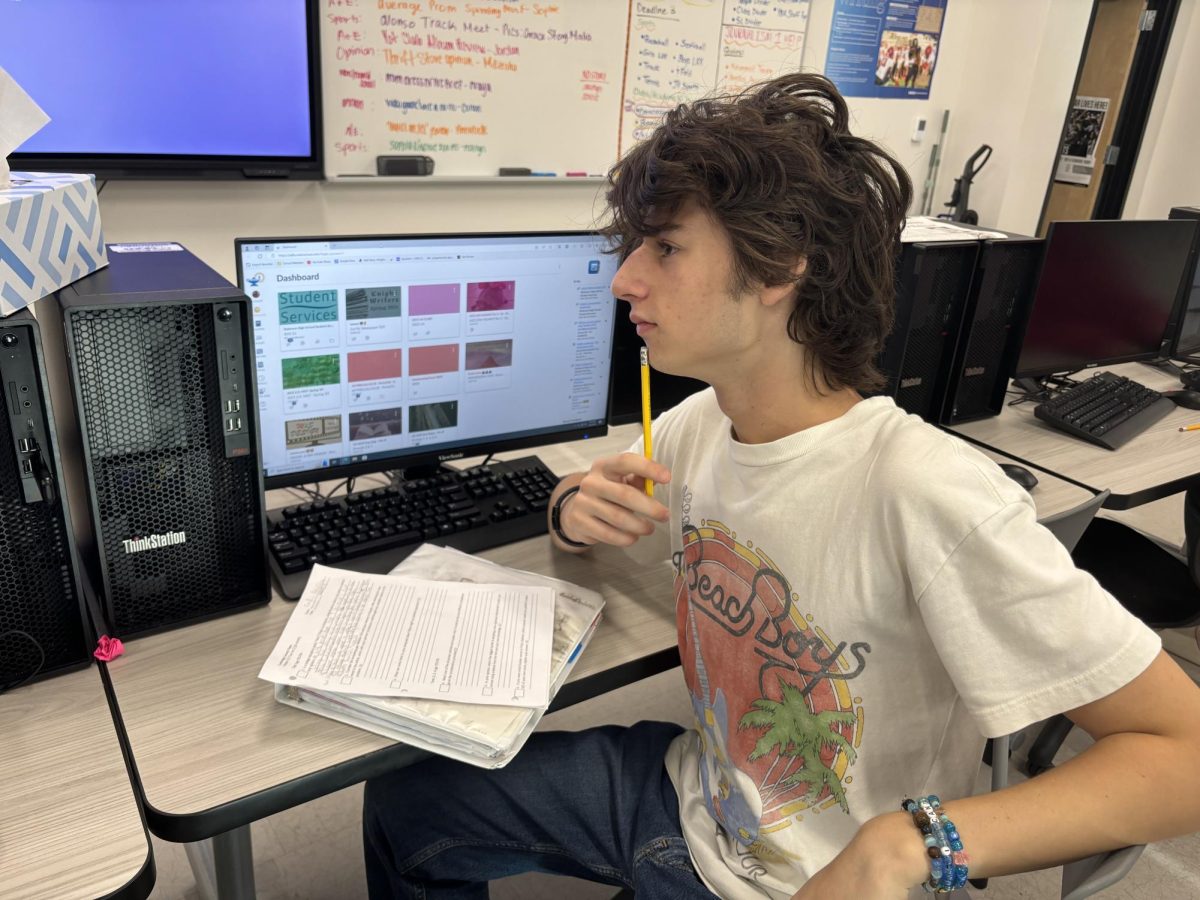I’m sure many of you are signed up for one or more Advanced Placement classes, commonly known as APs. The name is very daunting, and of course, you hear horror stories from older siblings and friends telling you the class is just “impossible.” The classes are hard for sure, but there are ways to make it easier and get by throughout the year.
1. Find out how you study best
Before every big test, teachers all around the country say, “Make sure to study,” but what does that even entail? How do you study better than just skimming over the content from class? Harvard Summer School suggests making studying a challenge for your brain.
“Desirable difficulties’ can enhance learning. For example, testing yourself with flashcards is a more difficult process than simply reading a textbook, but will lead to better long-term learning.” Make flashcards, Quizlets, find Kahoots, anything interactive is better than just reading. If you think it’s boring your brain probably does too.
2. Use AP Classroom
AP classroom through Collegeboard is a great resource for understanding AP content. Through your teacher, you make a login at the beginning of the year and then all year you can find daily videos and quizzes on the subjects you’re learning if you ever get confused or lost. They sort out all of your courses and make the topics easy to find. You don’t have to utilize this tool if you feel confident in your knowledge, but if you ever feel worried or behind it doesn’t take very long to use.
3. Stay on top of your work
This is a must for every class, but especially in APs; they move very fast to finish all of the content you have to learn, so you truly can’t procrastinate. I would suggest buying a planner or using a free calendar app on your phone to keep track of everything assigned and when your tests are so that you never get blindsided by a big assignment being due or a test.
4. Take notes in class
According to PrepScholar, having notes is like having a cheat guide for your test.
“Your homework and your class exams will cover the material your teacher talks about in class—they aren’t going to spring new ideas on you! Taking great notes in class means you’ll have an idea about what information your teacher thinks is important, which means you’ll know what you need to understand before test day.” Even if somehow, you forget the test, you at least have some key ideas to look at before you start.
5. Stay organized
Again, hopefully, you’re doing this for every class, but if you aren’t you need to. At the beginning of the year, get a list from your teacher of what to buy and go out and get your binder, dividers, highlighters, folders or whatever you need to organize best. I personally suggest separating your binder by units, so that when you study for the big exam, you’ll have a neat timeline of everything you’ve learned.
Everyone has different personal strategies that work best for them, and if you know what works best for you that’s great, but if not, hopefully these tips will at least be a guiding hand throughout next year. As long as you apply yourself and really learn the content you should be good.


